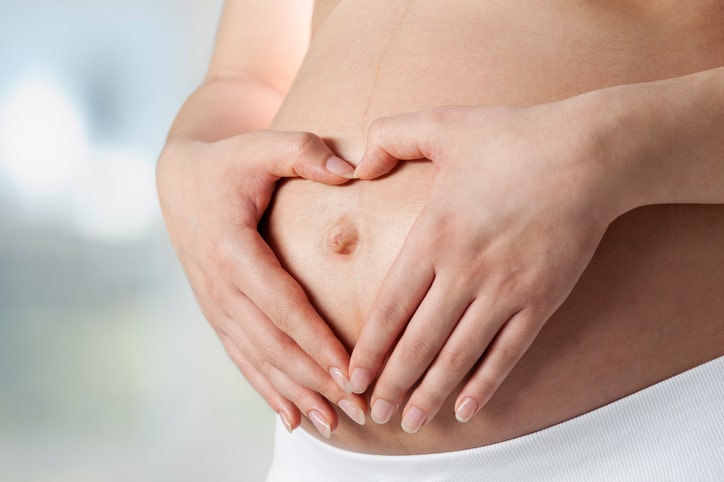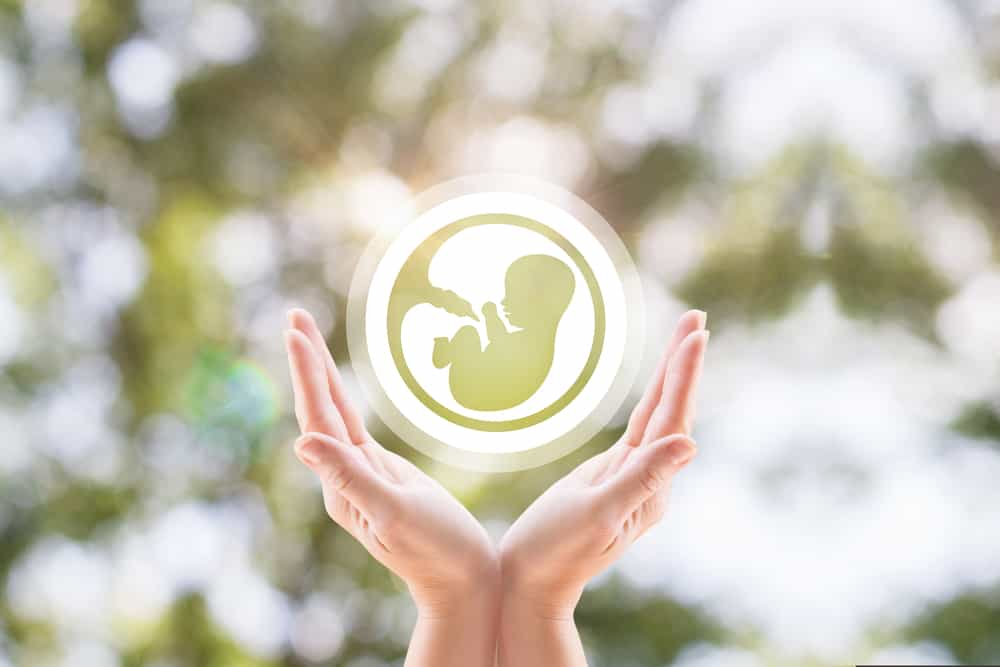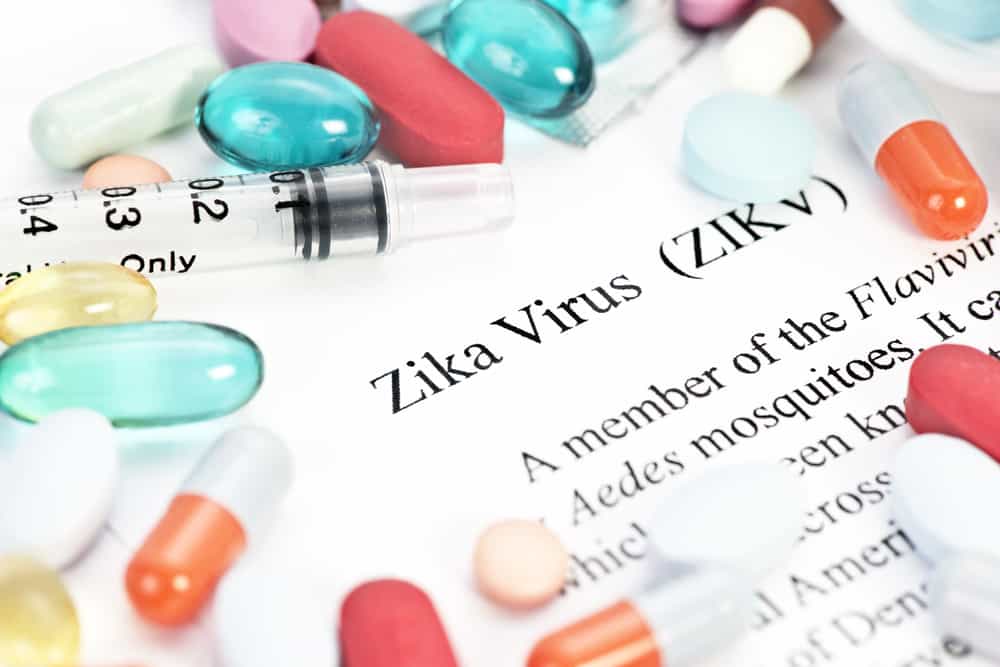Contents:
- Medical Video: Pregnancy - Common Myths and How to Test
- 1. "Pregnant women don't eat fish, later their babies are fishy"
- 2. "Pregnant women should often drink coconut water"
- 3. "Pregnant women are forbidden from having sex"
- 4. "Cravings are not obedient, then the child will be irregular"
- 5. "Changes to the mother's skin indicate the sex of the baby"
- 6. "Eating more during pregnancy indicates a baby male sex"
- 7. "Pineapple and durian can cause miscarriages"
Medical Video: Pregnancy - Common Myths and How to Test
Many myths about pregnancy are developing in Indonesia, most pregnant women believe and follow them. Starting from myths about food that should be avoided by pregnant women, up to myths relating to the sex of the baby to be born. Yes, myth is an assumption that is passed down from generation to generation, developing in the community, even some people believe in the myth. If it is below, myth or not, huh?
1. "Pregnant women don't eat fish, later their babies are fishy"
Well, though what we know is that fish is a good source of protein for the body. Of course this myth is not true. Fish contains protein, iron, and zinc which are very important for baby's growth and development. In addition, fish also contain omega-3 fatty acids, including docohexanoic acid (DHA) which is good for baby's brain development.
However, there are indeed types of fish that are prohibited from being consumed by pregnant women. The type of fish that is forbidden to consume is predatory fish containing high mercury, such as sharks, swordfish, king mackerel, and tilefish. This type of fish is rarely found in Indonesia. What about tuna, sardines and salmon? Tuna, sardines, and salmon also contain mercury but in a small amount, so pregnant women are still allowed to eat it as long as it is not too often. If you eat fish that contain high levels of mercury too often, mercury can accumulate in the blood and can damage the baby's brain and nervous system development.
2. "Pregnant women should often drink coconut water"
Many people say, drinking coconut water during pregnancy can deliver labor and make the baby's skin become pure white. This is a myth. Coconut water has nothing to do with labor and baby's skin color. The process of labor is influenced by many factors, while the color of the baby's skin is determined by genetic inheritance from parents.
However, indeed drinking coconut water during pregnancy has many benefits because it contains many nutrients. Coconut water contains high levels of electrolytes, chloride, potassium, and magnesium, and contains very little sugar, sodium, and protein. Coconut water is also a source of fiber, manganese, calcium, riboflavin, and vitamin C.
Drinking coconut water during pregnancy can prevent pregnant women from becoming dehydrated, reduce fatigue, help improve immunity, improve kidney function, prevent urinary tract infections, and reduce high blood pressure.
3. "Pregnant women are forbidden from having sex"
This is not true. Pregnant women can still have intercourse if the condition of pregnancy is healthy and normal. Having intercourse during pregnancy will not harm the baby because the amniotic sac and strong uterine muscles will protect the baby, and thick mucus that covers the cervix will protect the baby from infection. Maybe you will feel the baby move after you reach orgasm, do not worry, this is the baby's reaction to your heart beat which increases after orgasm. Babies don't know what happened. In addition, having sex during pregnancy will also not trigger premature delivery. Instead, having sex regularly while pregnant can reduce your risk of premature delivery.
4. "Cravings are not obedient, then the child will be irregular"
Eits ... wait a minute, actually cravings are a baby or mother's request? No one knows what cravings really mean, but some theories say that cravings can mean that the mother's body is lacking certain nutrients that can be obtained from the foods the mother desires. There are also those that associate cravings with changes in maternal hormones during pregnancy, thus changing the taste on the tongue and the aroma that the mother smells. The point is cravings will not affect the baby. So, it can be said that cravings will not cause children to be "illiterate" and this is actually just a myth.
5. "Changes to the mother's skin indicate the sex of the baby"
Some say that pregnant women with darker skin during pregnancy indicate that they will give birth to a baby boy, while pregnant women who have brighter skin during pregnancy will give birth to a baby girl. This is a myth. Mother's skin will indeed change during pregnancy due to hormonal changes. Some mothers may experience changes in the skin to become darker or brighter and this change is not related at all to the sex of the baby who will be born later.
6. "Eating more during pregnancy indicates a baby male sex"
This is also a myth. Eating more during pregnancy is recommended to meet the needs of mothers, as well as for the growth and development of womb babies. However, this has nothing to do with the sex of the baby to be born. Gender cannot be determined by how much food or the type of food we eat, or anything else.
7. "Pineapple and durian can cause miscarriages"
The myth that develops like that, so pregnant women are forbidden to consume pineapple and durian. However, this myth is actually not true. Pineapple or durian fruit will not cause miscarriage in pregnant women and this is safe as long as it is consumed in amounts that are not excessive.
Durian contains organo-sulfur and tryptophan which are beneficial for pregnant women. However, excessive durian consumption is not good because durian contains high sugar and carbohydrates. Pregnant women who have gestational diabetes should avoid consuming durian.
Pineapple contains vitamin C which is also beneficial for pregnant women. However, too much consumption of pineapple can also cause problems because it can increase bromelain in the body. Bromelain can break down protein and increase the risk of miscarriage. All types of food if consumed in excess are certainly not good.
READ ALSO:
- Tips for Controlling Mood Swing When Pregnant
- 6 Factors Suspected of Determining Infant Gender
- What Happens In Infants If Mothers Stress When Pregnant?












